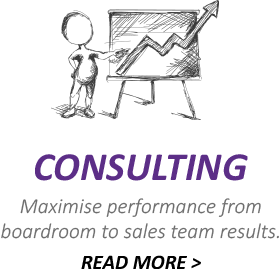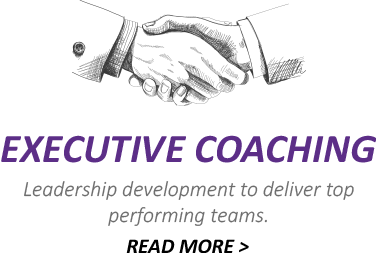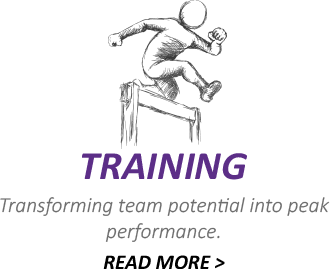Yes you read the title correctly. You probably expected it to say on raising your performance.
However I’d like you to consider an opposing view.
We’re living in an age that has never had more advanced methods of communication. Email, Twitter, Facebook, LinkedIn, Instagram the list is endless, all providing excellent mediums for communicating both locally and globally.
 Ironically, the challenge of finding time for quality personal communication and engagement with our family, friends and colleagues has never seemed more relevant, even on vacation.
Ironically, the challenge of finding time for quality personal communication and engagement with our family, friends and colleagues has never seemed more relevant, even on vacation.
Everywhere you go you see people hooked to their smart phones narrowly avoiding other pedestrians or oncoming traffic! In restaurants we sit opposite each other, browsing or texting someone else other than the person we are with.
I recently observed a young woman drop her boyfriend’s iPhone into his pint of beer. In response to his explosive reaction she simply said, “I’m here…but you’re not with me” as she calmly walked out of the bar, leaving him speechless. The lesson?
If you’re in the room. Be in the room.
Be present.
The effect of this syndrome is equally potent in business. In meetings with clients salespeople fail to gain trust, being too distracted to really listen to what the client is saying. Instead their focus is on the next point they want to make, rather than focusing on the answer the client has just given them to their question. Or worse still they have one eye checking their phone for text or email alerts mid-meeting.
In the office environment how much time is wasted by constantly checking email rather than focusing on completing a task of real value.
Often when you suggest to people that they could be more efficient and effective by checking their email less often, (4-5 times a day) they look mortified. They often reply that they need to be responsive to clients at every moment. Refusing to consider the impact that their email or text alerts have on their ability concentrate.
When Italian fabrics company Gabel restricted internal emails for a week. Managing Director Emilio Colombo wrote, “Together we will begin the following experiment, which will take us back in time to when people talked more,” declaring an “email free” week until 13 November. “We invite you not to use email for internal communications (between colleagues at the same location), in favour of a more direct and immediate contact.”
What was the result? Productivity levels rose, stress levels reduced and personal communication improved.
This highlights that our inbox is not a life support system. The last time I checked you’re not running homeland security for the Pentagon. In the majority of cases people are happy to receive a response within 90-120 mins.
And here’s the point. What could you achieve with two hours of concentrated work?
Quite a lot actually.
Naturally, I’m not saying technology hasn’t improved performance and productivity in many areas.
But everywhere I go I’m seeing a different reality, in terms of how humans relate to using this technology in an effective way.
My recommendation, remove the distractions. Take off call waiting, delete mobile text and email alerts for two weeks and check your voice and email only 4-5 times a day.
I’d love to hear your comments after taking this challenge, write and let me know if it makes difference to the number of valuable tasks you have been able to complete in record time.
We’re all so focused on the importance of being busy. As if busy was a medal or the goal, rather than the achievement of a worthwhile task.
Technology is an incredibly useful tool but it is only a means to an end not the end itself.
Why not try this tip I learned from a smart MD on managing your influx of daily emails.
It’s not uncommon for people to let their inbox emails pile up into the hundreds.
For other more organised folks there is the trap of creating numerous folders, one for each and every project, event or person. Initially this sounds efficient and appealing, however, frequently they find themselves spending significant time filing all their emails into a myriad of folders. Unfortunately, only to find they have to spend a frustrating amount of time looking for the emails they carefully filed away.
My tip is to create just 5-6 main folders, it reduces your time spent filing and accelerates your email retrieval.
An example of email folders:
- Current Projects
- Marketing
- Sales
- Archive
- Key Accounts
Use technology to your benefit and not detriment.
Go and enjoy your family and vacation time to the full. This ultimately is the resource that once gone you can’t reload!





